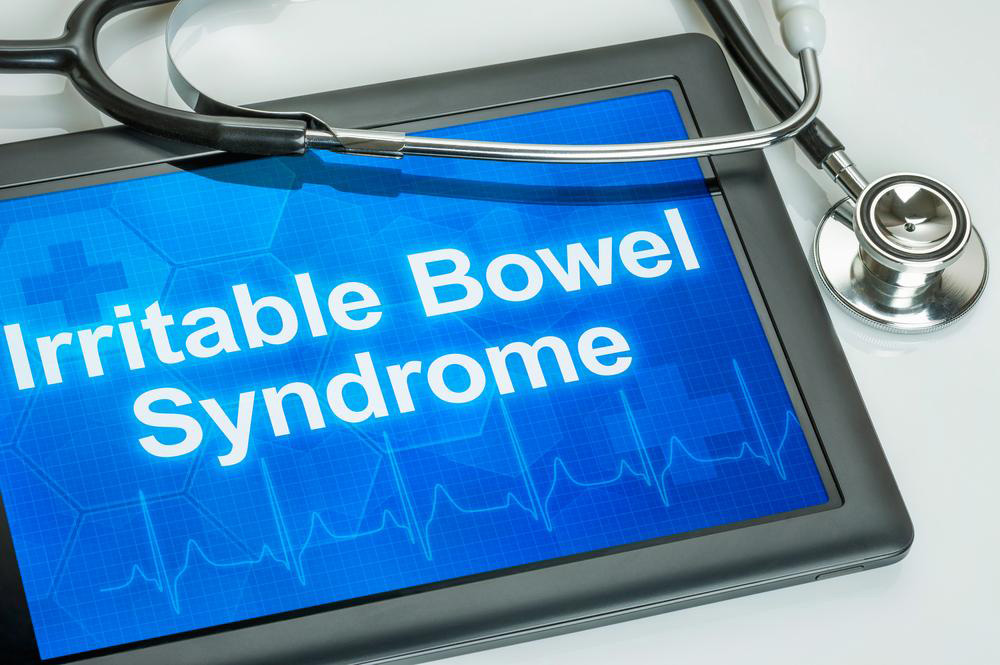Comprehensive Guide to Managing Irritable Bowel Syndrome (IBS)
This comprehensive guide offers practical strategies to manage Irritable Bowel Syndrome effectively. It covers dietary adjustments, stress reduction techniques, exercise routines, and suitable medications to ease symptoms like bloating, diarrhea, and constipation. Adopting these lifestyle modifications can significantly improve quality of life for IBS sufferers. Consult a healthcare professional for personalized advice, especially if symptoms persist or worsen. Understanding triggers and managing them with lifestyle changes can make everyday life more comfortable and manageable.
Sponsored

Comprehensive Guide to Managing Irritable Bowel Syndrome (IBS)
Irritable Bowel Syndrome (IBS) is a common gastrointestinal condition characterized by symptoms such as abdominal pain, bloating, diarrhea, and irregular bowel habits. The subtype most often experienced involves constipation, which can significantly impact daily life. Studies indicate that over 10% of people worldwide are affected. Though the exact cause remains unknown, triggers like certain foods, stress, and hormonal fluctuations are known to worsen symptoms.
Since there’s no universal cure for IBS, managing symptoms effectively involves lifestyle and dietary modifications. Recognizing symptoms early and adopting practical strategies can improve quality of life. Here are some tips for symptom relief.
Adjust Your Diet
Implementing dietary changes can alleviate IBS discomfort. Because triggers vary, it’s essential to identify personal intolerances. Generally, avoiding high-fat foods, caffeine, alcohol, dairy, artificial sweeteners, and cruciferous vegetables like broccoli and cabbage helps reduce flare-ups. Increasing dietary fiber, especially for those with constipation, can also be beneficial. Aim for 22-34 grams daily, adding fiber gradually to prevent bloating and gas.
Incorporate Probiotics
Probiotics, the beneficial bacteria supporting gut health, are available as supplements and in foods such as yogurt and kefir. These help restore gut flora balance, potentially easing IBS symptoms.
Stay Active
Engaging in regular physical activity reduces stress and promotes healthy bowel movements. Experts recommend 20-30 minutes of exercise five times weekly to lessen abdominal pain and prevent symptom escalation.
Manage Stress
As stress aggravates IBS, practicing relaxation techniques like meditation, deep breathing, or muscle relaxation can be very effective. Even brief daily sessions can improve overall well-being and symptom control.
Use Medications Wisely
Medications tailored to specific symptoms include fiber supplements for constipation, laxatives under medical guidance, anti-diarrheal drugs like loperamide, and antispasmodics for cramps. Antidepressants in low doses may also alleviate pain, while peppermint oil capsules can reduce spasms and discomfort. Always consult a healthcare professional before starting any medication.
When to Consult a Doctor
If lifestyle changes do not alleviate symptoms, or if pain and bowel irregularities worsen, seek medical advice. A personalized treatment plan combining diet, exercise, stress management, and medications can provide better relief.






